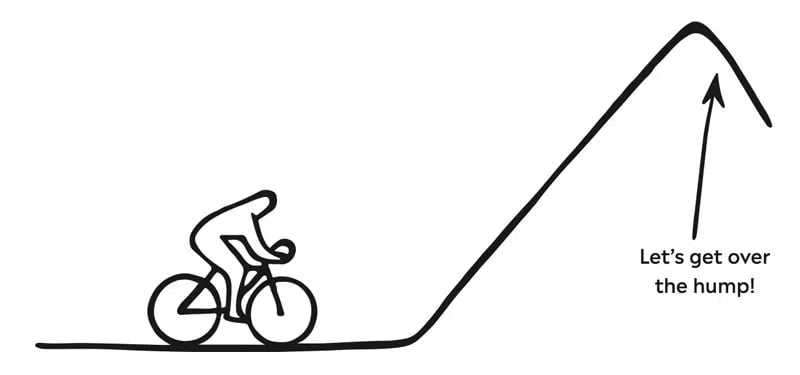How to Beat Procrastination
MINDSET
4/20/20252 min read


Procrastination is one of the biggest enemies of future teachers. You know you should be studying, preparing your didactic units, or rehearsing your oral presentation… but somehow, you're scrolling on TikTok or reorganising your notes again.
Don’t worry – you’re not alone. Even Ancient Greek philosophers talked about this with the term akrasia: acting against what we know is best for us.
Today, with constant distractions and mental fatigue, procrastination is easier than ever. But the good news is: you can overcome it.
Let’s break down why it happens, and more importantly, how to fight it effectively during your oposiciones journey.
Why Do We Procrastinate? 😩
Procrastination is not laziness – it’s emotional avoidance.
As Dr Tim Pychyl says, when we face tasks that feel overwhelming (like writing a programming project or studying legislation), we try to escape the discomfort.
This is linked to present bias: we prioritise immediate relief over future rewards. Watching a series now feels easier than reviewing a complex topic, even if that review helps us earn a teaching position.
To beat this, we need to manage our emotions – not just our time.
💊 The Procrastination Prescription
A simple 4-step formula to help you focus and make steady progress:
1. Seek Clarity 🔍
You’re more likely to procrastinate when you're unclear about what to do or why it matters.
📌 Tip 1: Use the 5 Whys
Ask “why” five times to uncover what’s really stopping you – fear of failure? Fear of judgment? Once you name it, you can deal with it.
📌 Tip 2: Adopt a Growth Mindset
Say “I can’t do this yet”. Each attempt is a step closer to mastering your lesson planning or oral presentation.
2. Treat Yourself Like a Robot 🤖
Separate your actions from your feelings and build routines that activate your ‘study mode’ automatically.
📌 Tip 3: Design a personal algorithm
Create daily rituals (open your laptop at 9:00, revise flashcards with your coffee) that reduce mental friction.
📌 Tip 4: Change ‘and’ to ‘or’
Don’t wait for ideal conditions: “I’ll study if I’m rested or it’s quiet or I have 15 minutes.” One green light is enough.
3. Get Past the Emotional Hump 🏔️
Sometimes the biggest challenge is starting.
📌 Tip 5: 5-Minute Sand Timer
Tell yourself you’ll only do 5 minutes. Often, you’ll find that once you start, you keep going.
📌 Tip 6: The Reitoff Principle
If your brain is completely blocked, take guilt-free rest. Productivity needs fuel. Step back so you can leap forward.
4. Find Your Community 👥
Studying alone can drain your motivation. But being around others who share your goals gives you energy and perspective.
📌 Tip 7: Accountability Buddy
Make progress commitments with another opositor/a. You’ll be more likely to follow through when someone else is counting on you.
📌 Tip 8: Join our support community
Participating in online groups where you share struggles and wins increases your sense of progress and belonging.
✨ Final Thoughts
You don’t need superhuman willpower to stop procrastinating.
You need systems, routines, emotional strategies, and a tribe that helps you move forward.
Your "plaza" is possible. Let’s get to work 💪

